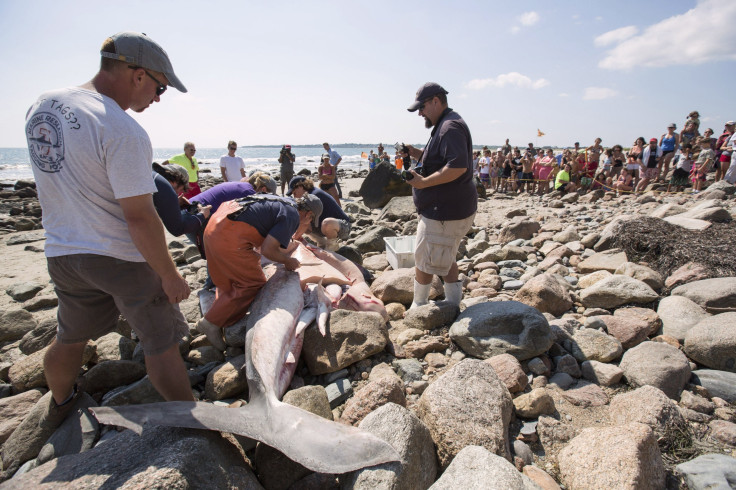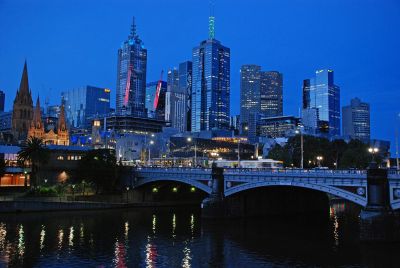Shark attack not a worry anymore as Australia will soon introduce $1m shark cable with 100% success rate

As the South African government has successfully tested world’s first shark deterrent cable, Australia may soon adopt the cables to keep great white sharks away from the beaches. Researchers successfully tested the cables and conformed that all great white sharks that came close to the cables, off a beach near Cape Town, diverted back, and that’s something that the researchers are rejoicing about.
The successful testing of the $1 million cable may mean the end of drum and net lines around the world. During the four-week trial, the researchers watched 52 great white sharks being repelled away by the pulsing cable. The trial has just concluded with a 100 percent success rate.
Now it’s up to the Australian state governments to adopt and introduce the cable in beaches that have a history of deadly shark attacks, such as Cottesloe. The Sharks Board will soon approach Australian state governments to keep sharks at bay through the cable. Perth beaches may soon be introduced to the cable within a few years. The researchers are now working on a commercial version for governments and hopefully they will be able to bring down the cost of the cable to as low as $200,000.
According to The West Australian, the cost will be dependent on the length of the cable that can run parallel to the shore for hundreds of kilometres if required. The cable is harmless to humans and sharks and floats just under the ocean surface. The cable works electronically and it confuses sharks’ sensory system. Paul von Blerk, Sharks Board project manager, is confident that the cable will keep humans and sharks apart.
To check the behaviour of the shark when they came close the cable, von Blerk was happy to give a demo to Seven News. He took Seven News representatives on the research boat only a few hundred metres off a swimming beach. During that time, 12 sharks approached the cable and were turned away immediately.
It has taken van Blerk 25 years and has cost him his marriage, but he is happy of the fact that he has finally developed something that can keep sharks and humans away in an environmentally-friendly way. The WA government has already put $300,000 towards Shark Shield that van Blerk helped develop a decade ago.





















